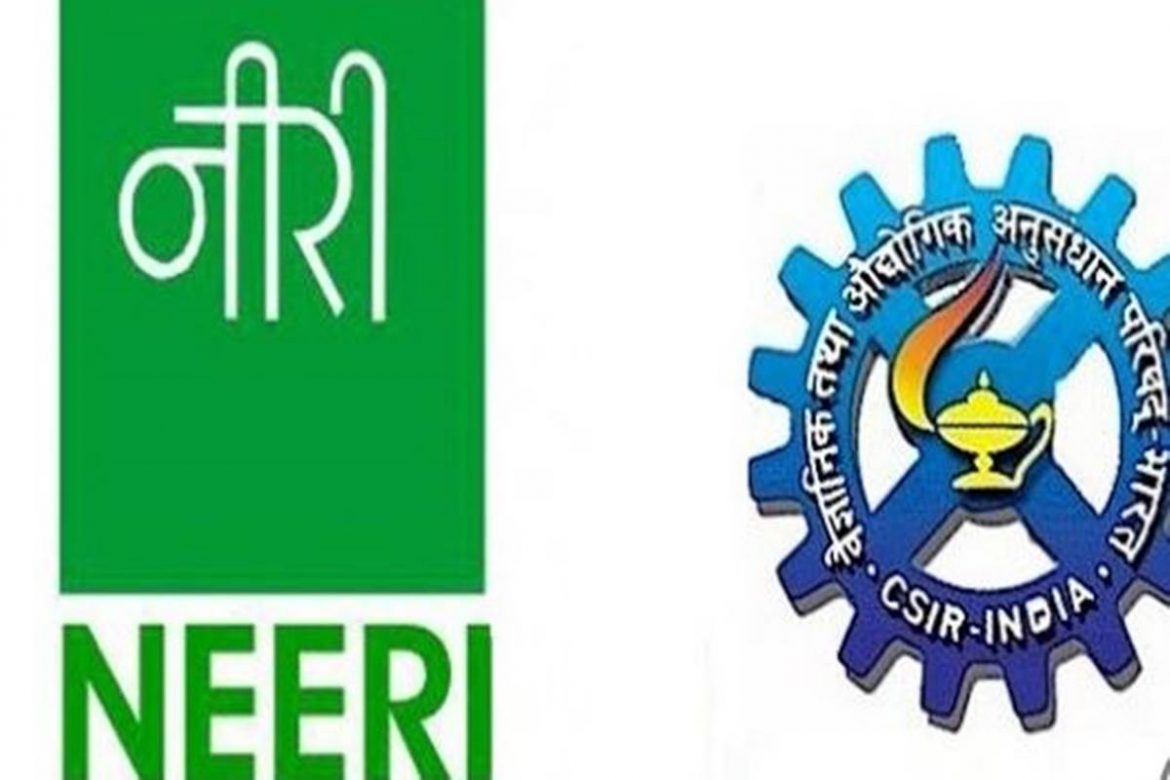CSIR-National Environmental Engineering Research Institute (CSIR-NEERI) has developed RISK-PiNET, the software, which is useful for assessment of contamination in drinking water distribution system. This software is useful for various Municipal Corporations in the country as the potable water is supplied to consumers through pipelines in urban areas. While operating and maintaining a huge network of pipelines, the Municipal Corporations are unable to assess deteriorating conditions of pipes, leakage in pipes or other risks taking place due to the contamination at some points of the drinking water supply network. Big challenge is to identify the exact contaminant intrusion point in the network of pipelines.
As a solution to these problems being faced by Municipal Corporations, CSIR-NEERI has developed RISK-PiNET to support and strengthen the concept of smart city, and apply this software to build such infrastructure which will be instrumental to ensure safe drinking water.
RISK-PiNET prevents leakages and thus helps to increase the drinking water supply in cities. This software has three modules: pipe condition assessment module (PCA), hazard assessment (due to sewage and drain) module, and risk assessment (due to PCA and hazard) module.
The software also assesses the failure rate and remaining useful life of each pipe considering the year of pipe-installation, length, diameter and pressure therein the pipe. Accordingly, rehabilitation of the contaminated pipeline can be planned rather than changing the water distribution system at large scale.
RISK-PiNET has been developed by the CSIR-NEERI scientists Dr Aabha Sargaonkar, Er. Asheesh Sharma and other members of Cleaner Technology Modelling Division (CTMD), CSIR-NEERI. On August 9 the CSIR-NEERI scientists demonstrated RISK- PiNET to the Senior Officials of Public Health Engineering Departments of Chhattisgarh,
Municipal Corporations of Pune and Nagpur, Brihanmumbai Municipal Corporation, Mumbai, OCW and The Nagpur Environmental Services Ltd. (NESL).
The scientists informed the authorities that a study has been carried out at Hanuman Nagar, Nagpur by using the newly developed RISK-PiNET and the data generated will be verified through survey and field visits. Shashikant Hastak, technical director, NESL urged the scientists to take up a study at Dhantoli Zone, Nagpur through RISK-PiNET. The authorities raised a concern that the data required for this software may not be available at one place; therefore
need to congregate it in coordination with various departments of the State. The authorities assured that they will use RISK-PiNET as a decision making tool to ensure safe drinking water.

Get all the latest and current news Nagpur here. For an exclusive & live updates from the Nagpur, stay connected with THE LIVE NAGPUR.
👉 Click here to read the latest Gujarat news on TheLiveAhmedabad.com




